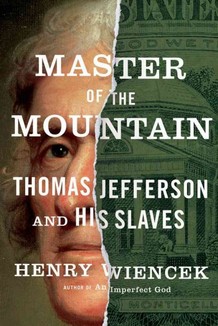 Friday, November 30, 2012 at 11:58AM
Friday, November 30, 2012 at 11:58AM "Superstorm Sandy sparked a lot of interest in rising sea levels when it swept across the Northeast last month and flooded parts of the coast. Over the next century, more water — and higher sea levels — could come from melting ice in Greenland and Antarctica. How much has been unclear."
across the Northeast last month and flooded parts of the coast. Over the next century, more water — and higher sea levels — could come from melting ice in Greenland and Antarctica. How much has been unclear."
"But now scientists have developed a much clearer view of how quickly that ice has been melting over the past two decades. And that will help researchers forecast the rate of sea-level rise in the years to come."
"There's enough ice sitting on Greenland and Antarctica to drive up sea level catastrophically — by more than 200 feet. Thankfully, nobody expects it all to melt."
"But over the past two decades, scientists have been struggling to understand just what has been happening on those ice sheets, using primarily satellite-based instruments."


















